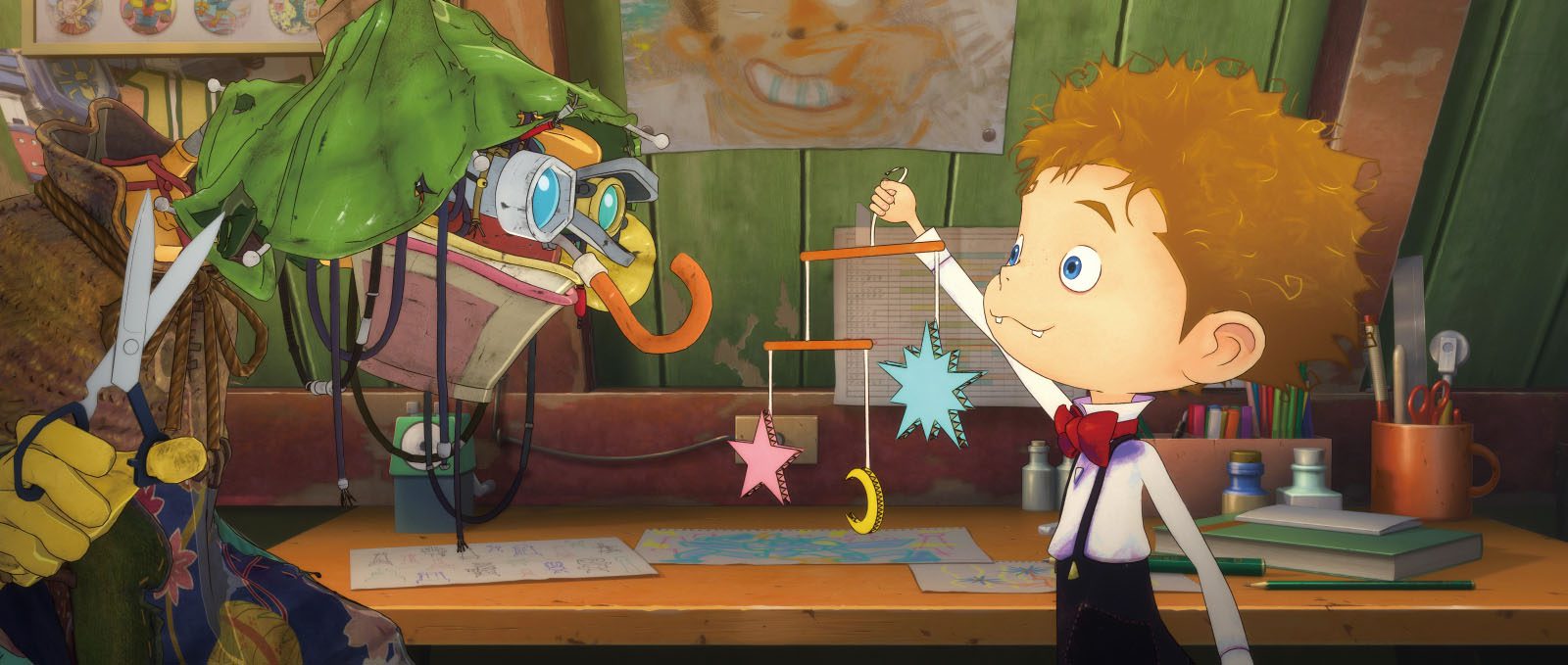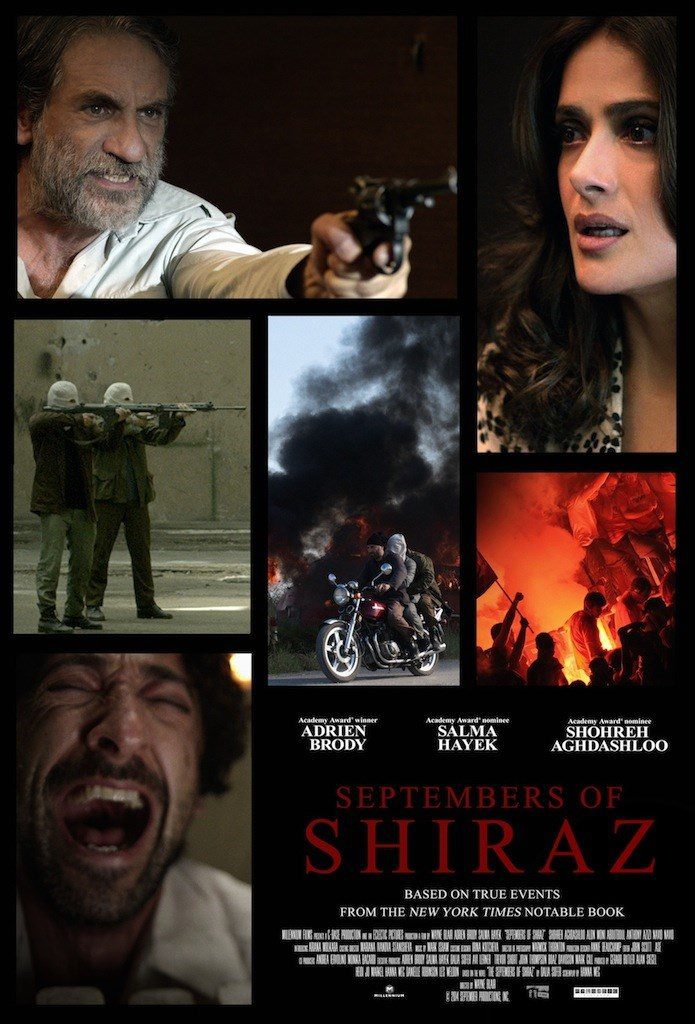
Poupelle of Chimney Town – Conviction of things not seen
?Now faith is the assurance of things hoped for and the conviction of things not seen.? (Hebrews 11:1, NRSV) Faith in the unseen is the driving force in Yusuke Hirota?s animated film, Poupelle of Chimney Town. It is a faith that seems ridiculous to some and dangerous to others. But for the boy at the…

